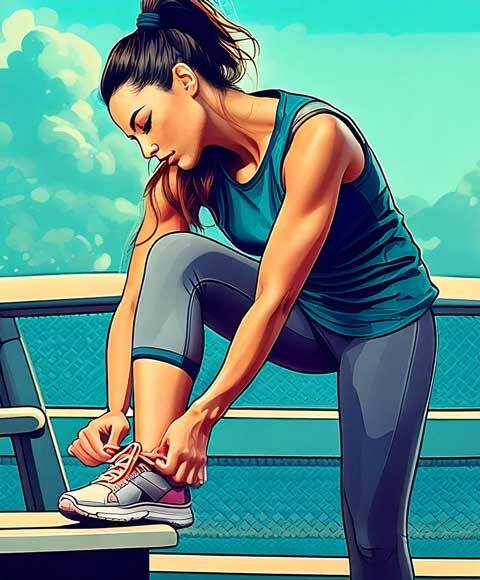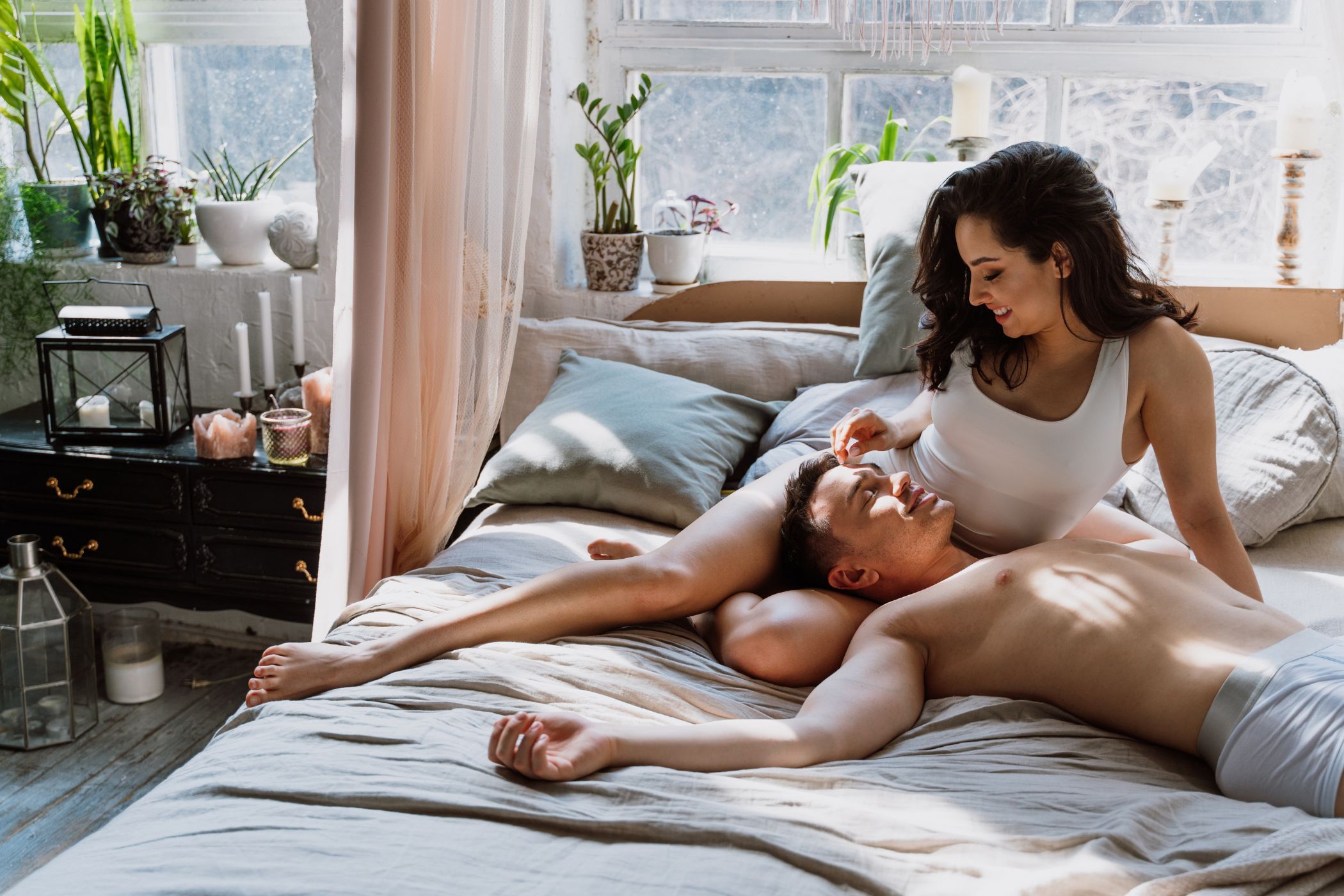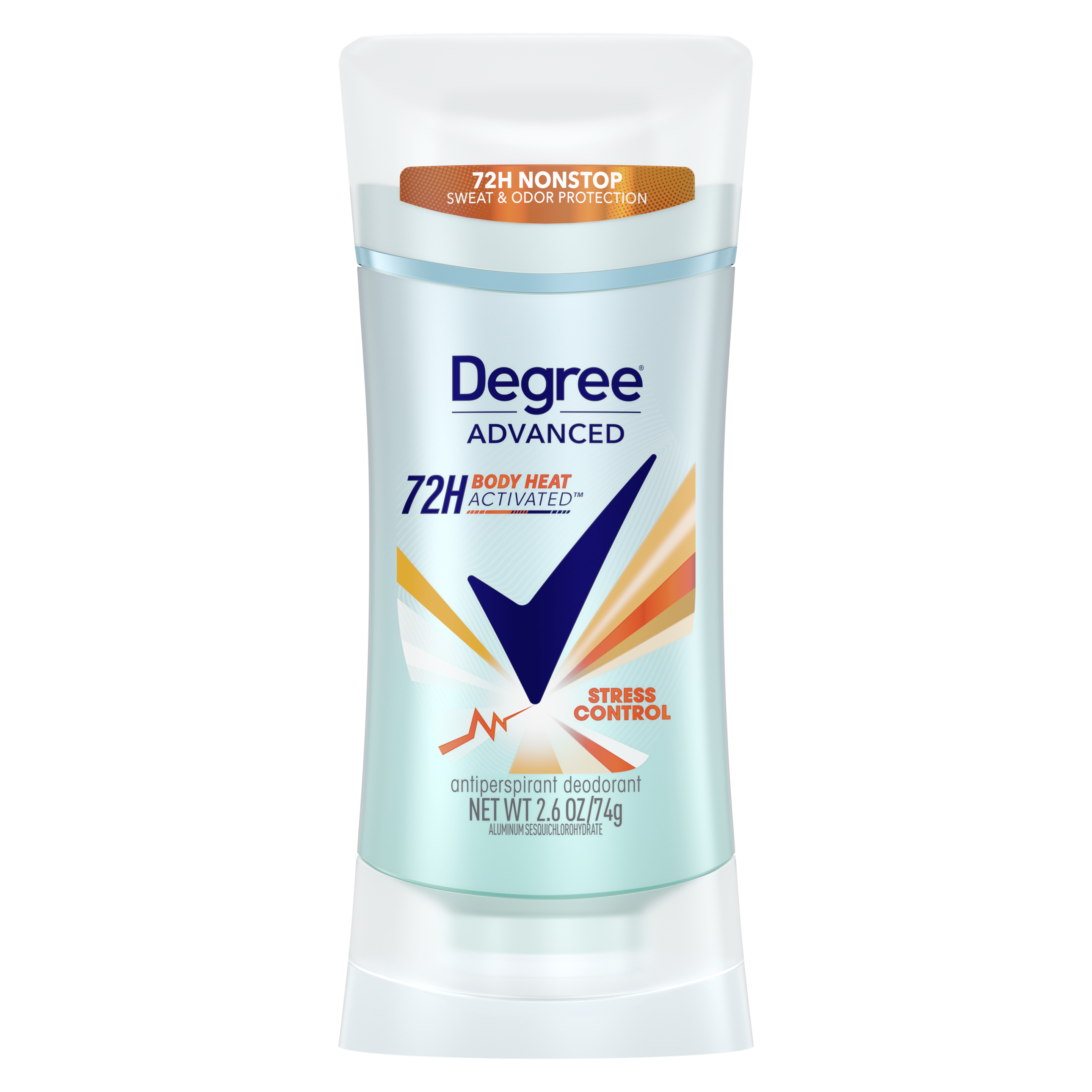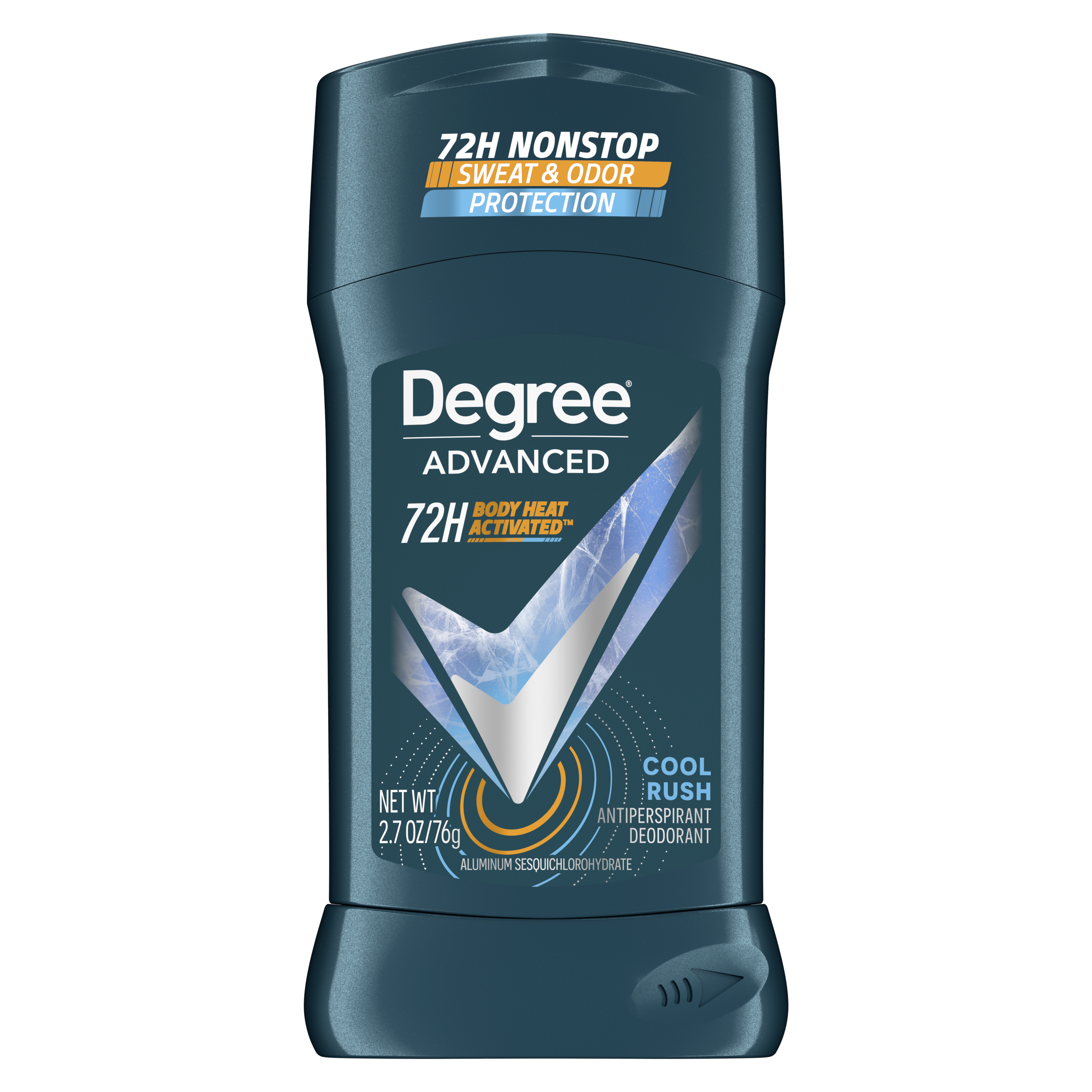WHY DOES SWEAT SMELL DIFFERENT IN DIFFERENT PARTS OF THE BODY?
Sweat can have a surprising range of smells depending on where it comes from—like how your armpits might give off one scent, while your feet deliver another. It's all thanks to different sweat glands, bacteria, and a few other factors. Let’s break down why sweat smells so different across your body and how you stay fresh from head to toe.
THE SCIENCE BEHIND YOUR SWEAT: BACTERIA, GLAND TYPES, AND SWEAT COMPOSITION
First, let's get to know the sweat glands. Our bodies have two main types: eccrine and apocrine glands. Eccrine glands are all over your body and produce a watery sweat to help cool you down. Apocrine glands, on the other hand, are found in areas like your armpits and groin (areas with a high density of hair follicles). They produce a thicker sweat that bacteria love to break down, leading to stronger odors.
The distinct smells from different body parts come down to a mix of bacteria, gland types, and sweat composition. Now let's explore how different parts of your body create their own unique scents.
ARMPITS
Your underarms are a hotspot for apocrine glands, which means stronger smells. The sweat produced here is thicker and full of proteins and lipids that bacteria love to feast on. When bacteria break down this sweat, they release a potent smell that can range from a bit oniony to a straight-up garlic. The apocrine sweat here is also influenced by stress and hormones, which can make the odor even more noticeable.
Practical solutions
Wash regularly. Use an antibacterial soap to help alleviate unpleasant odors.
Apply antiperspirants and deodorants. These products are designed to reduce sweat and mask odors.
Wear cotton clothing. Breathable fabrics don’t cling to your underarms. This will reduce sweat buildup.
FEET
Your feet might be another story. Unlike the armpits, your feet are packed with eccrine glands, which produce a lot of watery sweat. Combine this with being enclosed in shoes all day, and you’ve got a perfect playground for bacteria. As bacteria break down the sweat, it can create a smell reminiscent of cheese. If you’ve ever noticed your feet smelling like this, thank the bacteria for it.
Practical solutions
Focus on foot hygiene. Scrub your feet daily and dry them thoroughly, especially between the toes.
Buy breathable shoes and socks. Materials to look out for include cotton, mesh, canvas, perforated leather, knit, bamboo, wool, and hemp, which allow airflow and reduce moisture buildup.
Use foot powders. These can help absorb moisture and reduce odor.
GROIN AREA
The groin area, like the armpits, has many apocrine glands. This means the sweat here is also thicker and richer in proteins and fats, creating a musky odor that’s unique to this area. Add in friction and limited airflow, and the smell can intensify.
Practical solutions
Keep the area dry. Use powders or specific deodorants designed for the sensitive areas.
Choose clothing wisely. Buy fabrics that allow for better airflow, like cotton.
Wash well. Cleanse the area daily with mild or antibacterial soap to remove bacteria and sweat without irritating sensitive skin.
HEAD AND SCALP
Sweat on your scalp can be a bit different. The scalp has sebaceous (oil) glands that mix sweat with natural oils, resulting in an oily odor. Product buildup from shampoos, conditioners, and styling products can make this smell worse. Sometimes, it can even resemble a slightly sour, stale smell if left unchecked.
Practical solutions
Shampoo regularly. Keep your scalp clean to reduce buildup.
Avoid heavy hair products. These can contribute to oily buildup.
Go for scalp products. Use scalp-specific products if you find that you have dry scalp buildup or dandruff.
CHEST AND BACK
Large areas like the chest and back are prone to sweat, especially during physical activities. The sweat here is mostly from eccrine glands, but when it mixes with dead skin cells, it can cause an unpleasant odor. Bacteria love to break down this sweat, and if you’re dehydrated, your sweat can take on a more concentrated, sometimes slightly sour smell.
Practical solutions
Shower often. Clean these areas thoroughly, especially after sweating.
Exfoliate well. Remove dead skin cells to prevent odor buildup. Use a loofah and back brushes to reach.
Choose moisture-wicking fabrics. Wear clothing that helps keep sweat away from your skin. These can include polyester, nylon, merino wool, bamboo, and specialized blends like spandex.
Drink plenty of water. Stay hydrated throughout the day to help maintain your body’s core temperature and flush out toxins.
Degree can help you stay fresh from head to toe.




